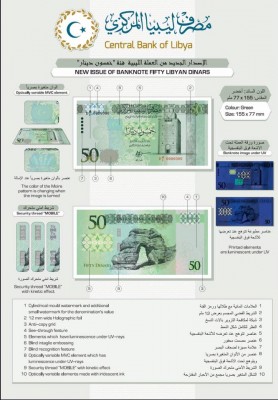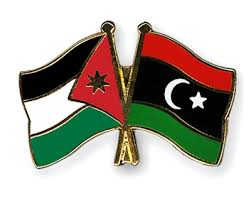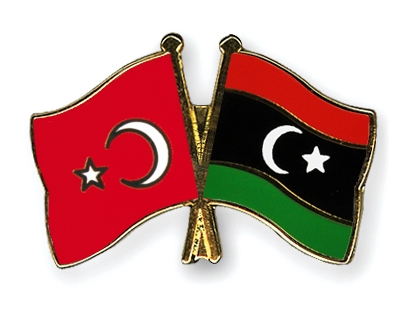By Ajnadin Mustfa and Moutaz Ali.

Tripoli, 26 May 2016:
Some confusion reigned this evening as Libya added a second currency to go . . .[restrict]with its three different governments. This happened when the Presidency Council reversed its 24-hour old rejection of the new bank notes being printed in Russia for the Thinni government in Beida and today fully accepted the move.
The PC explained that its about-turn had come after a meeting with members of the finance committee of the House of Representatives. It appears that it was agreed that the rival Central Banks in Tripoli and Beida would jointly supervise the issue of the new notes and that they would be distributed fairly throughout the country.
The PC’s original objection to the arrival of LD 4 billion of new currency from printing presses in Russia was that it would destabilise the currency and cause inflation. It protested that there were already LD 24 billion in circulation. Yet that cash is hardly evident to the public. Commercial banks in all parts of country are still limiting withdrawals because they simply do not have enough dinars to go round.
Savers prefer to keep their money at home. Their distrust of the banking system has been boosted by the withdrawal limits imposed in response to the liquidity crisis. If they put their money into banks, they would not be able to get it out again. Those with disposable incomes are buying hard currencies.
When he arrived in Tripoli at the end of March, Government of National Accord prime minister-designate Faiez Serraj made the ending of the currency shortage a priority. It has proved a tough nut to crack. The fresh liquidity provided the east’s “Russian” banknotes may ease the problem. The volte-face appears to have followed the HoR’s assurance that the bills would be made available throughout the country. The fear had been that by acquiring its own currency, the east would have taken an increasingly independent line. Indeed, the east originally commissioned the new notes to alleviate its own chronic shortage.
The United States is unlikely to be pleased by the PC’s change of mind. Yesterday it said it was gravely concerned and shared the PC’s earlier view that the new notes would be forgeries that would destabilise the Libyan Dinar. It insisted that the international community only recognised the Central Bank in Tripoli.
The PC also said today that from the beginning of next month, $1 billion would be made available for debit cards and another $1 billion injected into the system for use in money-gram transfers, such as that of Western Union. [/restrict]









